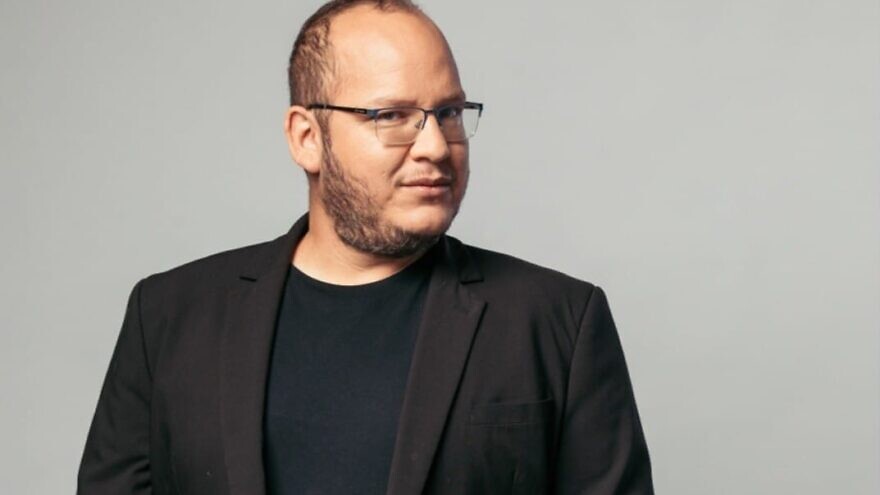On the occasion of the 40th anniversary of his parents’ aliyah from the United States, Haaretz political correspondent Chaim Levinson paid homage to his mother and father, who “left behind family, jobs that would have earned them much more money than they were paid [in Israel], more impressive careers and a house in the suburbs a few times the size of the stone building in Jerusalem where [they] settled.”
In an op-ed on Sunday, he pointed out that while their immigration was “traumatic,” it was also a privilege for them to have relocated to Israel.
He continued, “Israel is family. You feel a sense of closeness even with complete strangers. It’s oppressive, but also loving. … It stirs emotions. It causes joy in times of beauty and pain in times of darkness.”
Rather than view them with empathy—or at least acknowledge their right as individuals to exercise personal choice—he adopts a disdainful attitude.
“In the summer, when the olim [immigrants] who returned to the United States come to visit [Israel], the shame of failure is slowly replaced by the pride of success, of talk of how much better their life is in America than it was here,” he stated. “Guilt feelings are exchanged for a fat wallet. They pay half what we do for an iPhone, a river runs past their house, they have money in hedge funds, a summer home at Virginia Beach, and they eat bagels with lox and cream cheese at the annual conference of the JCC Association of North America.”
Adding insult to injury, he went on: “So what? … If I worked for The New York Times, I’d earn 10 times what I do today. But I would be at The New York Times, not Haaretz. Money can buy a lot of things, but not soul and spirit.”
Aside from the ridiculous allegation that Haaretz has more “soul and spirit” than The New York Times—two journalistic peas in a progressive, often anti-Zionist pod—he concludes by claiming that he hasn’t “met anyone who has returned to America and whose return has expanded his or her soul the way the soul expands when you lie in your bed at home in Israel.”
It’s the height of arrogance to assert knowledge of what goes on in other people’s souls. But Levinson has opened a window into his own, revealing a bowlful of sour grapes. Anyone who loves Israel for what it is, and accepts it for what it isn’t, need not begrudge a fellow Jew for feeling differently.
The Jewish state, as a genuinely rewarding—and fun—place to live, is an actual country. It’s a breathing organism with ups, downs and a populace engaged in the typical daily grind of going to work and running errands, while seeped in concerns common to all human beings. Zionism may serve as a comfort when such burdens loom large, but it can’t be taken to the bank, literally or figuratively.
Furthermore, not all immigrants fall head over heels when they first arrive, or develop a deep, committed love as time passes. For some, a lack of proficiency in Hebrew is sufficient cause for second thoughts, if not the desire to pack their bags and head for the airport.
To minimize the internal struggle that leads certain olim to reverse course is unfair. To attribute their change of heart to “summer homes at Virginia Beach” and “bagels with lox at the annual JCC conference” is not only nasty; it shows an absence of compassion. And making sarcastic remarks about “fat wallets” and “hedge funds” is a sure sign of envy.
If Levinson considers living in Israel to be worth more than millions, then his gratitude ought to be outweighing his resentment.
Ruthie Blum is an Israel-based journalist and author of “To Hell in a Handbasket: Carter, Obama, and the ‘Arab Spring.’ ”


























